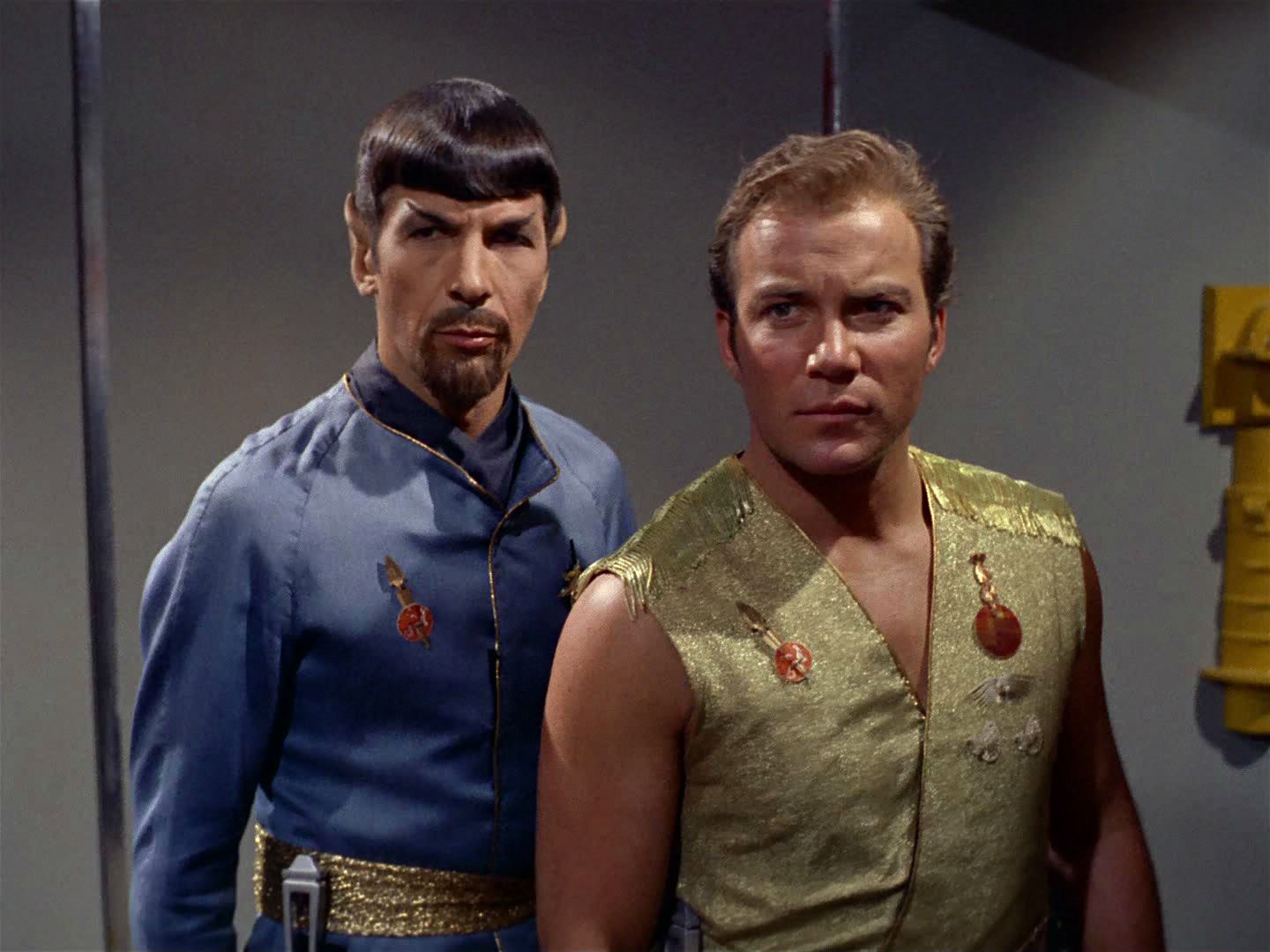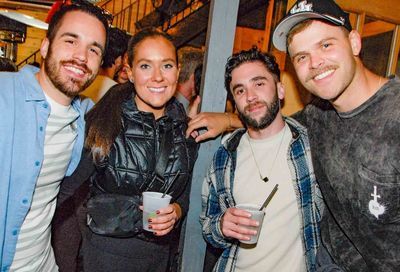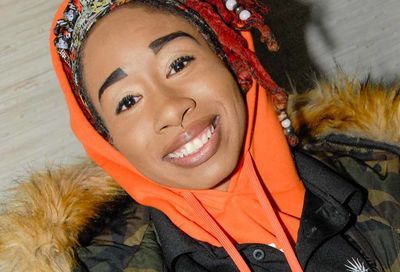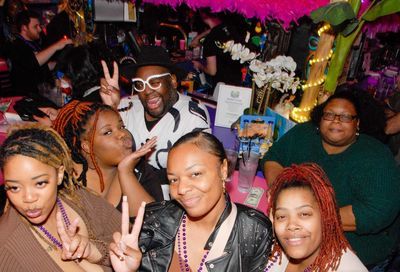Preaching Past the Choir: Q&A with Tarell McCraney
Tarell McCraney depicts the journey of young black men in his work, including his new play "Choir Boy"

MW: You’ve also spent a couple years working in London and specifically for the Royal Shakespeare Company (RSC). Have you always enjoyed Shakespeare?
MCCRANEY: From 13 on we were exposed to Shakespeare, at least on the page. I didn’t see a lot of Shakespeare. There’s not a lot of Shakespeare done in Miami. But my grandmother would recite it to us. Monologues that she remembered from school. So yeah. I mean, I love theater. There are very few things in theater that I don’t like.
MW: As part of your work with RSC you adapted two Shakespeare works for children, Hamlet and Anthony and Cleopatra. Do you hope that such efforts could help inculcate more appreciation for Shakespeare?
MCCRANEY: I think Shakespeare is one of those resources that we don’t use enough to generate interest in the arts. It’s timeless, in lots of ways. It has a lot of interest points that can draw people in. As artists, especially theater artists, our brand — theater — is not easy to make, and it’s also sometimes cumbersome to keep going. So Shakespeare is a fantastic way to bring interest and focus.
MW: Do you have any other ideas for boosting interest in the arts, or the overall state of today’s performing arts?
MCCRANEY: Maybe I should, but I have less concern about the state of the performing arts — mostly because I think that the state of our social, political, physical society is in a very curious, precarious place. And I think that our job as artists is to somehow continue to reflect as best we can the intimate, unexplainable, larger questions that aren’t coming up right now. We can’t always count on accounts to tell us what’s actually happening and what’s [not], as we used to. There used to be a time when we sort-of relied heavily on people, on information being given to us and sort-of knowing what’s happening. But [now] there’s a sort-of haze over what’s happening socially, politically, physically to our society that we don’t know, we just know that there’s something amiss. And I think the investigation into those questions is what’s important. And if we don’t do that, then I think the state of the performing arts is in peril. If we decide to look away and focus on our own navels, I think we will find ourselves in very dangerous territory.
MW: What’s been happening after the recent incidents in Ferguson and New York — are you wanting to explore that, is that what you’re suggesting?
MCCRANEY: There’s no part of me that wants to write a play specifically about those incidents. Simply because they are true to life. They are actual and biographical, and biography isn’t what I do. I only hope and pray that there will be writers in the media who will investigate things like that. And really let us know in the most proficient way and most honest, sincere way possible what are the key things that are happening, what’s causing them or how they’re happening or how they’re unfolding, and then allowing us to take in that information.
[Some] plays that are being done, or have been done in the past few months, may not be about Ferguson specifically; may not be based in Staten Island. Or in New Orleans. Or Sanford, Fla. But they are about people of color. They’re about privilege. They’re about the hierarchies of American society, and interact using race and socioeconomic status and gender. And those cross-sections — the history of them and how they still play out today. And yet, people won’t respond until you say you’re going to write a play about Ferguson. It’s like, well, if I write a play showing how someone is being brutalized during and after the Civil War, and then I write a play about someone who is falsely accused, or is thought of as a brute and executed in Ferguson in 2014 — I mean, do I have to point to it in order for you to see it as the same? If it was happening then and it’s still happening now, how many more connections do I need to make? We get polemic when we think “Oh, I’m going to write a play about…”, because we all know, or think we know, what’s happened. So if you put that in a play people are like, “Well, you’re just telling us things we sort-of think we know already.” So how do we get to crack those things open?
I think it is necessary for us to engage in that conversation, because sometimes, again, we’re waiting on people to give us information. We’re waiting on the news sources to not just rabble-rouse our emotions but to give us actual encounters. And then we’re asking our artists to go in and create work that is specifically about those but in a drama. I think it’s a really interesting question; it’s a really interesting paradigm. Shakespeare, he didn’t go and write specifically about the bonfire night rebellion. He didn’t write about those specific incidents in his plays. Yet somehow he put them in. If you read the plays that he wrote during certain events in history, or the history in the United Kingdom at the time that he was alive, they somehow make their way into the plays, even when he’s writing about history that happened hundreds of years before.
If you can’t see Selma at the movie theater and see how those protests are in league or are in kindred spirit to the protests that are happening today, then that’s where I fear for us. Because if you can’t see the parallels — if there’s a moment where you think, “Oh well, that was then and this isn’t the same” — we’re in trouble.
MW: I guess it’s incumbent to stay on top of current events, to make sure what you think you know, or what you’ve learned and your experience tells you is true, still jives with today’s world.
MCCRANEY: Have you ever seen The Tempest? In that play, a black actor normally plays the role of Caliban. And the things that they call Caliban are monster, slave. They call him a brute, they say his tongue is thick — he can’t speak the language well. Of course the slave trade was beginning and burgeoning during Shakespeare’s time, and they were finding these new colonies and territories. But to think that in a society that is supposedly so removed from that time and those plays, to have that notion on stage — and for nobody to think that there are parallels to that time? You have grown men saying of 18-year-old boys that they’re a brute, they’re a monster, they’re a demon. That same fanciful and fantastic language that’s in a play that’s almost 500 years old is being said on a stage in 2015 about mostly actors of color.
The first thing as a black actor when you’re approaching Shakespeare, they go, “Oh, Othello or Caliban.” What’s the language that they use for Caliban? Monster. What’s the language they use for Othello? Black or brute. War demon. You don’t have to look far to see the correlation. So for those of us who are just writing about the state of being and may not be pointing it in those specific places — because I guarantee you, once you put those names on things people go, “Oh, I’m so tired of hearing about that.” You see it already. You can hear it already. There are people who are like, “I’m tired of hearing about that. That happened, we should move on.” Or, “that’s a terrible thing.” Or: “It wasn’t that terrible. He shouldn’t have been doing X.” And then as artists we can go and put that on stage but you start to build up filters. But what if there’s a way for me to tell you that story from another angle? What if there’s a way to tell a story about a convict who gets out of jail and is trying to do better and is constantly pressured by the police harassment around him, so much so that he ends up in the same situation that he was in before. Is that a way to get into that story and still be relevant? Or do I have to go to the streets of Ferguson and write verbatim what’s happening on the streets? Am I to be an artist or am I to be a reporter? Are they the same?
MW: No.
MCCRANEY: Are you sure?
MW: No. But historically at least they are supposed to be distinct pursuits.
MCCRANEY: I’m not being facetious. I’m actually asking. I’ve never studied journalism a day in my life I don’t think. I may have had a class here or there but I’m sure I didn’t do well in it. But I get these questions a lot. [The assumption is that] as a black artist, it’s kind of my job to be on the ground floor reporting what’s happening and recording it, and writing it down and putting it down. And I’m thinking to myself, that doesn’t sound like my job. I was never trained to do that. Is my onus to go and interview Sybrina Fulton and Tracy Martin and ask them about the loss of their son [Trayvon Martin] and make that into a piece? Or is that something CNN should be doing?
Support Metro Weekly’s Journalism
These are challenging times for news organizations. And yet it’s crucial we stay active and provide vital resources and information to both our local readers and the world. So won’t you please take a moment and consider supporting Metro Weekly with a membership? For as little as $5 a month, you can help ensure Metro Weekly magazine and MetroWeekly.com remain free, viable resources as we provide the best, most diverse, culturally-resonant LGBTQ coverage in both the D.C. region and around the world. Memberships come with exclusive perks and discounts, your own personal digital delivery of each week’s magazine (and an archive), access to our Member's Lounge when it launches this fall, and exclusive members-only items like Metro Weekly Membership Mugs and Tote Bags! Check out all our membership levels here and please join us today!
























